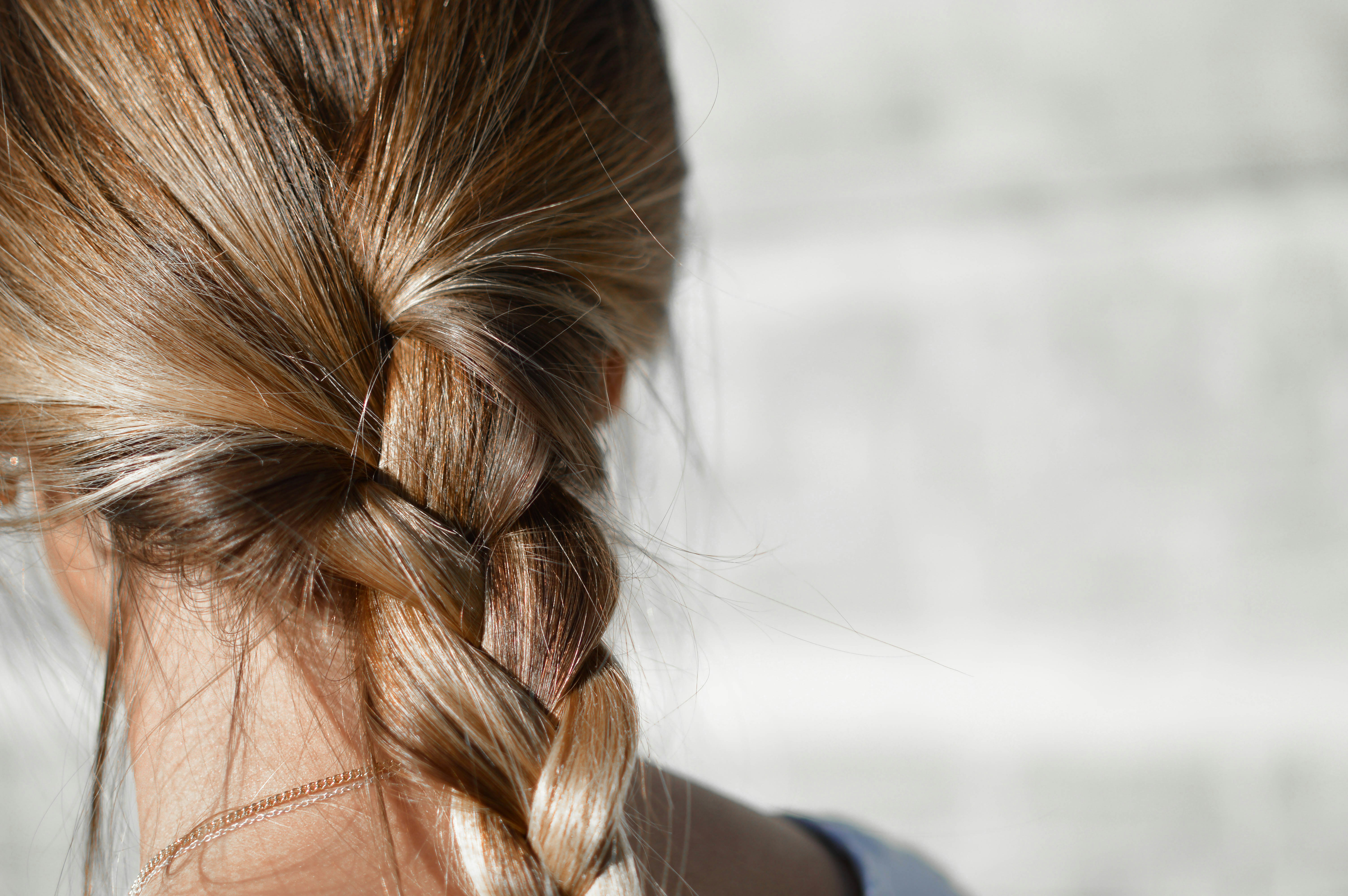Introduction
Are you tired of seeing more scalp than hair when you glance in the mirror? You’re not alone. Hair loss is a common frustration for many men, affecting confidence and self-image. The good news is that effective solutions are available to help restore your locks and boost your morale. From innovative treatments to simple lifestyle adjustments, there’s a path forward for anyone struggling with thinning hair or bald spots. In this guide, we’ll dive into the most effective men’s hair regrowth treatments so you can reclaim that full head of hair and feel like yourself again!
Understanding Hair Loss in Men
Hair loss is a common concern for many men, impacting self-esteem and confidence. It’s not just an aesthetic issue; it can affect your overall well-being.
Understanding the mechanics of hair loss is crucial. Hair follicles go through cycles of growth, rest, and shedding. When these cycles are disrupted, it leads to thinning or bald patches.
Genetics plays a significant role in male pattern baldness. If your family has a history of hair loss, you might be more susceptible. Hormonal changes also contribute significantly to this condition.
Stress and poor nutrition can exacerbate hair thinning as well. A balanced diet rich in vitamins and minerals supports healthy hair growth but often gets overlooked amidst busy lifestyles.
Recognizing the signs early on gives you better chances for effective treatment options down the line. Awareness is key in tackling this prevalent issue among men today.
Common Causes of Hair Loss in Men
Hair loss in men can stem from various factors, often intertwining genetics and lifestyle.
Androgenetic alopecia is the most prevalent cause. This hereditary condition causes gradual hair growth oil for men thinning of hair on the scalp.
Hormonal changes also play a key role. Fluctuations in testosterone levels can lead to hair follicle miniaturization over time.
Stress is another significant contributor. The pressures of daily life may trigger telogen effluvium, where hair follicles enter a resting phase prematurely.
Nutritional deficiencies cannot be overlooked either. Lack of essential vitamins and minerals like zinc or iron may disrupt healthy hair growth.
Certain medical conditions, such as thyroid disorders or autoimmune diseases, can further exacerbate hair loss issues for many men.
Some medications list hair loss as a side effect—an unfortunate consequence that adds to the complexity of managing this common problem.
Types of Hair Regrowth Treatments for Men
When it comes to men’s hair regrowth, various treatment options are available. Each method caters to different needs and preferences.
Medications like minoxidil and finasteride have gained popularity. They work by encouraging hair follicles to enter the growth phase. These treatments can be effective but often require consistency for optimal results.
Topical solutions also play a significant role in promoting hair growth. Shampoos infused with ingredients such as biotin or caffeine help strengthen existing hair while stimulating new growth.
Natural remedies offer a gentler approach. Essential oils like rosemary or peppermint are believed to enhance circulation in the scalp, potentially aiding regrowth over time.
Additionally, lifestyle changes shouldn’t be overlooked. A balanced diet rich in vitamins and minerals supports overall health, which directly impacts hair vitality. Regular exercise improves blood flow, further benefiting your scalp’s environment for healthy hair development.
Medications for Hair Regrowth

Medications for hair regrowth have gained significant popularity among men seeking thicker, fuller locks. Two of the most recognized options are minoxidil and finasteride.
Minoxidil is available over-the-counter in topical form. It works by stimulating blood flow to hair follicles, promoting growth and preventing further loss. Many users report visible results within a few months.
Finasteride, on the other hand, is a prescription medication that targets hormonal causes of hair loss. It inhibits the conversion of testosterone into dihydrotestosterone (DHT), which can shrink hair follicles over time. For some men, this means halting or even reversing thinning.
It’s essential to consult a healthcare professional before starting any medication. Understanding potential side effects and interactions will help you make an informed choice tailored to your needs.
Topical Solutions for Hair Growth
Topical solutions are a popular choice for men’s hair regrowth. They can be applied directly to the scalp, targeting areas of thinning hair.
Minoxidil is the most widely used topical treatment. This FDA-approved formula stimulates blood flow to hair follicles, promoting growth. Users often see results after a few months of consistent application.
Another option includes various herbal blends found in shampoos and serums. Ingredients like saw palmetto and caffeine have gained traction for their potential benefits in slowing down hair loss.
Users appreciate these products because they fit easily into daily routines. Plus, many formulations are lightweight and non-greasy, making them convenient for everyday use.
Regular application is key when using topical treatments. Consistency helps maximize effectiveness while ensuring that your scalp receives all the necessary nutrients it needs to flourish with new growth.
Natural Remedies for Thicker, Fuller Hair
Natural remedies can be a gentle and effective way to promote thicker, fuller hair. Many men turn to everyday kitchen staples for their beneficial properties.
Coconut oil is a popular choice due to its moisturizing abilities. Massaging it into the scalp may enhance blood circulation, leading to healthier follicles.
Aloe vera also works wonders; its enzymes help repair dead skin cells on the scalp. Regular application can soothe irritation while providing nourishment.
Essential oils like rosemary and peppermint have been shown to stimulate growth as well. Just dilute them in a carrier oil before applying directly onto your scalp.
Another option is using green tea, packed with antioxidants that combat hair loss and promote fashion regrowth. Rinsing your hair with cooled green tea might give you noticeable results over time.
Incorporating these natural remedies into your routine could lead you closer to those desired results without harsh chemicals or side effects.
Lifestyle Changes to Promote Hair Regrowth

Making lifestyle changes can significantly impact your hair health. A balanced diet rich in vitamins and minerals is crucial for promoting hair regrowth. Incorporate foods high in protein, iron, and omega-3 fatty acids to nourish your scalp.
Regular exercise also boosts circulation, which helps deliver essential nutrients to hair follicles. Aim for at least 30 minutes of activity most days to keep blood flowing and support overall wellness.
Stress management plays a vital role too. High stress levels can contribute to hair loss, so consider practices like meditation or yoga as part of your routine.
Adequate sleep is equally important; aim for 7-9 hours each night to allow your body time to repair itself.
Avoid harsh hairstyles that tug on the roots or lead to breakage. Embrace gentle styling techniques instead, giving your hair the TLC it deserves while you work on regrowing those luscious locks.
Choosing the Right Treatment for You
Choosing the right treatment for men’s hair regrowth can feel overwhelming. Each individual has unique needs and responses to different solutions.
Start by assessing your hair loss pattern. Is it thinning, receding, or patchy? Understanding this will guide your options.
Next, consider how comfortable you are with various treatments. Some may prefer topical applications while others might lean toward oral medications.
Consultation with a healthcare professional is highly recommended. They can provide insights tailored to your situation and help identify any underlying conditions that may contribute to hair loss.
Don’t overlook the power of natural remedies either. Ingredients like saw palmetto or essential oils have shown promise for many seeking gentler alternatives.
Be patient as results don’t happen overnight. Tracking progress over time will give you a clearer picture of what works best for you in achieving fuller hair.
Conclusion
Hair loss can be a frustrating experience for many men. Understanding the underlying causes and exploring various treatments is essential to regaining confidence and achieving healthier hair. With options ranging from medications to natural remedies, there’s something for everyone.
Choosing the right approach may take some trial and error, but taking proactive steps can lead to positive outcomes. Whether you prefer pharmaceutical solutions or more holistic methods, being informed empowers you on your journey towards thicker, fuller hair.
Embrace the possibilities that exist in men’s hair regrowth treatments and take charge of your grooming routine today.



